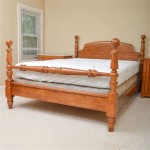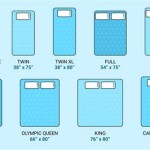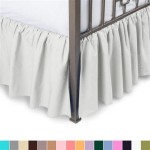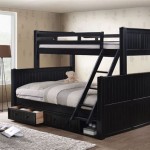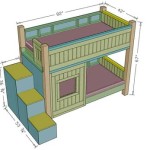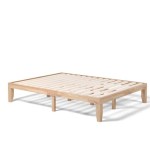Can Bed Bugs Get Through Encasements?
Bed bugs are persistent pests that can cause significant discomfort and disruption to your daily life. As part of effective bed bug control measures, using encasements is highly recommended to trap and isolate these insects. But do bed bugs have the ability to penetrate these protective barriers? This article explores the essential aspects of bed bug encasements, addressing their effectiveness and potential limitations.
Understanding Bed Bug Encasements
Bed bug encasements are specially designed covers that completely enclose mattresses, box springs, and pillows. They are typically made of tightly woven fabrics, such as polyester or nylon, and feature zippers or other closures to seal the encasements securely. The primary purpose of encasements is to prevent bed bugs from accessing and infesting these surfaces, thereby containing the infestation and making it easier to eliminate the pests.
Effectiveness of Bed Bug Encasements
In general, bed bug encasements are highly effective in preventing bed bugs from penetrating through. The tightly woven fabric and secure closures create a physical barrier that bed bugs cannot easily breach. Studies have shown that encasements can significantly reduce bed bug infestations by trapping existing bed bugs and preventing new ones from entering the protected areas.
Potential Limitations
While encasements are generally effective, it is important to note that they may not be completely impenetrable under certain circumstances:
- Tears or Holes: Any tears or holes in the encasement, however small, can provide an entry point for bed bugs.
- Improper Installation: Incorrectly installed encasements may leave gaps or openings that bed bugs can exploit.
- Extreme Infestations: In cases of severe infestations, the sheer number of bed bugs may overwhelm the encasement's capacity, allowing some to escape through small openings.
- Nymph Bed Bugs: Bed bug nymphs, which are smaller and more flexible than adults, may be able to squeeze through tiny gaps in the encasement.
Choosing and Using Encasements Effectively
To maximize the effectiveness of bed bug encasements, follow these recommendations:
- Regular Inspection: Inspect encasements regularly for any signs of damage or tears.
- Proper Installation: Ensure encasements are installed tightly and securely, with no gaps or openings.
- Replacements: Replace encasements promptly if they become damaged or torn.
- Combination with Other Measures: Encasements are just one part of a comprehensive bed bug control strategy. Combine them with other measures, such as vacuuming, heat treatments, and chemical treatments, for optimal results.
Conclusion
Bed bug encasements provide a highly effective means of controlling bed bug infestations by creating a physical barrier that prevents bed bugs from accessing and infesting protected surfaces. However, it is crucial to choose and use encasements properly to ensure their effectiveness. By following the recommendations outlined above, you can maximize the protection offered by encasements and contribute to a successful bed bug control strategy.

Bed Bugs Do Mattress Encasements Help Pest Management Professional

Mattress Encasements For Bed Bugs

The Best Mattress Covers For Bed Bug Protection

Do Bedbugs Bleed Inside Of Mattress Encasements

Can You Still Get Bed Bugs With A Mattress Cover

Do Bed Bug Covers Work Integrity Solutions

About Bed Bug Encasements Or Covers

Can Bed Bugs Live In Mattresses Bug Treatment Orkin

Benefits Of Bed Bug Encasements Box Spring Covers

About Bed Bug Encasements Or Covers
